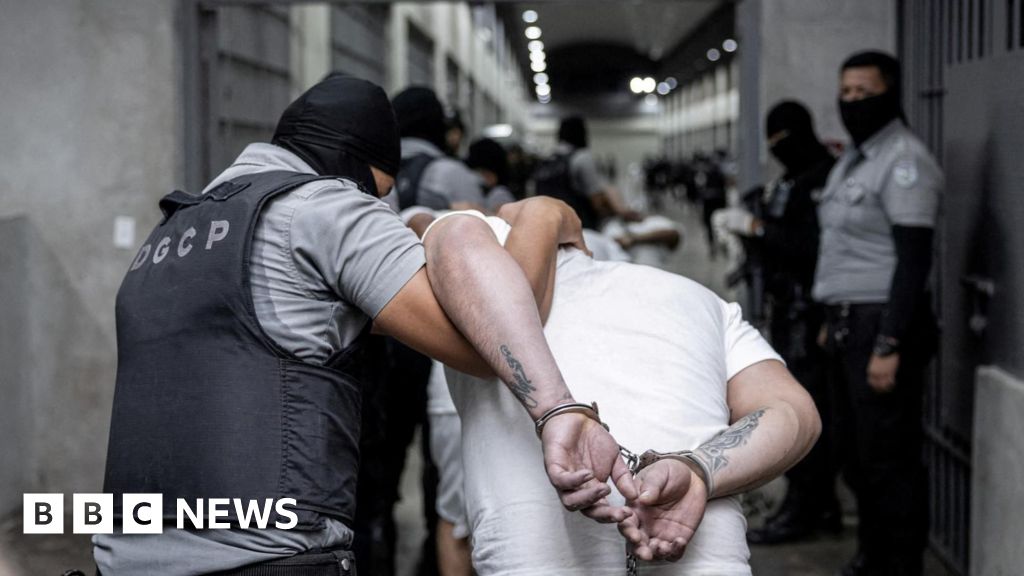In an astounding twist that has left the world reeling, former President Donald Trump has dusted off the pages of history, reaching into the annals of 1798 to revive a long-dormant decree, sparking both awe and controversy. This unexpected move has unleashed a whirlwind of emotions, with some lauding the audacity while others decry it as a chilling echo of a bygone era.
Imagine the scene: more than 200 Venezuelans, purportedly gang members according to the White House, have suddenly found themselves facing the ramifications of a law thought to be buried with history. This ancient decree, now resurrected, has reignited debates on the balance of power, freedom, and human rights.
What is this arcane law, you might ask? It's none other than the Alien Friends Act, a jaw-dropping relic of the Alien and Sedition Acts of 1798. Enacted during the presidency of John Adams, this law bestows upon the President the ability to deport non-citizens deemed "dangerous to the peace and safety of the United States" without a court hearing. Its reactivation by Trump is nothing short of cinematic—a plot twist no one saw coming but everyone is talking about.
This maneuver has set off a cacophony of mixed sentiments across America and beyond. Proponents argue it is a bold step toward safeguarding national security, a no-nonsense approach to weeding out individuals allegedly tied to criminal activities. However, critics are sounding the alarm, painting it as a draconian measure that undermines due process and stokes fears among immigrant communities already walking a tightrope of uncertainty.
As the world grapples with this unprecedented development, one can't help but wonder about the implications this move may have on the future landscape of immigration policy. A poignant question hangs in the air: Is this a mere tactical maneuver, or are we witnessing the dawn of an era where laws of old are resurrected to address modern-day challenges?
Legal scholars and historians alike are diving deep into the archives, dissecting the intentions and impacts of this revived statute, all the while the affected families are navigating a wave of anxiety and turmoil. This development has thrown a wrench into daily life, leaving families fearing separation and community leaders rallying fervently to provide support and advocacy.
Moreover, this move seems to have stirred the pot on a global scale, with international human rights organizations closely monitoring the situation. Across continents, debates rage about the boundaries of executive power, the protection of civil liberties, and the ethical obligations of modern governance.
In the heart of this storm, countless stories unfold. Stories of individuals caught in the clutch of fear and uncertainty, yet resilient and hopeful. Stories that pull at the heartstrings, depicting the enduring human spirit striving to overcome adversity despite daunting odds.
As the reverberations of this decision continue to make waves both domestically and globally, one thing is clear: the landscape of immigration and national security is on the cusp of potential transformation. Whether this is a fleeting chapter in history or a significant turning point remains to be seen.
Now, the world watches with bated breath, captivated by the unfolding drama and eagerly awaiting the next move in this saga of high stakes and human drama. Will this historical throwback prove to be a masterstroke or a misstep in the narrative of America's immigration story? Only time will tell, but one thing is for sure—this is a story none of us can afford to ignore.
"Trump’s Shocking 1798 Decree: The Ancient Law He Secretly Revived to Expel Migrants TODAY!"

🔖 Keywords:
Trump
decree
immigration
Alien
Sedition
Venezuela
security
human rights
power
controversy